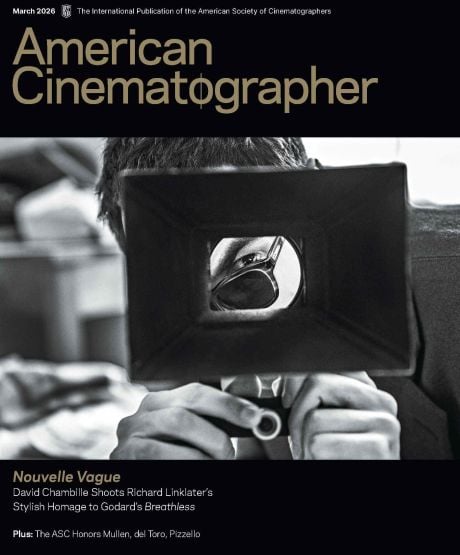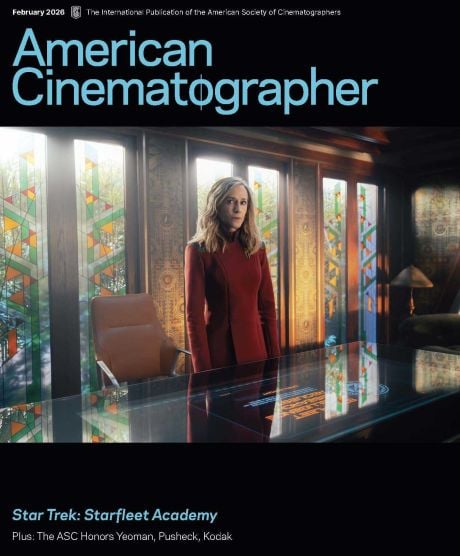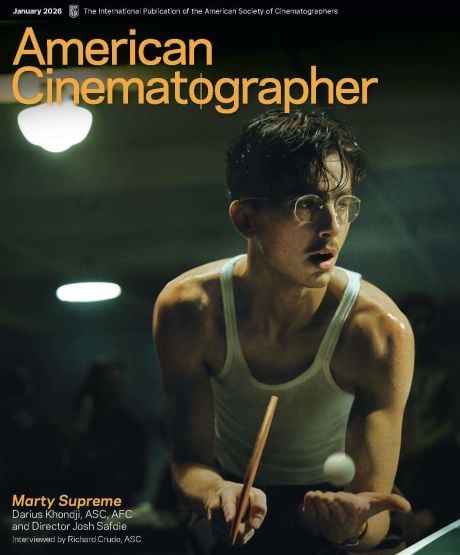
President’s Desk — July 2024
Being a cinematographer is not the easiest of lifestyles, but it can be tremendously rewarding, and it seemed like a fit for me.
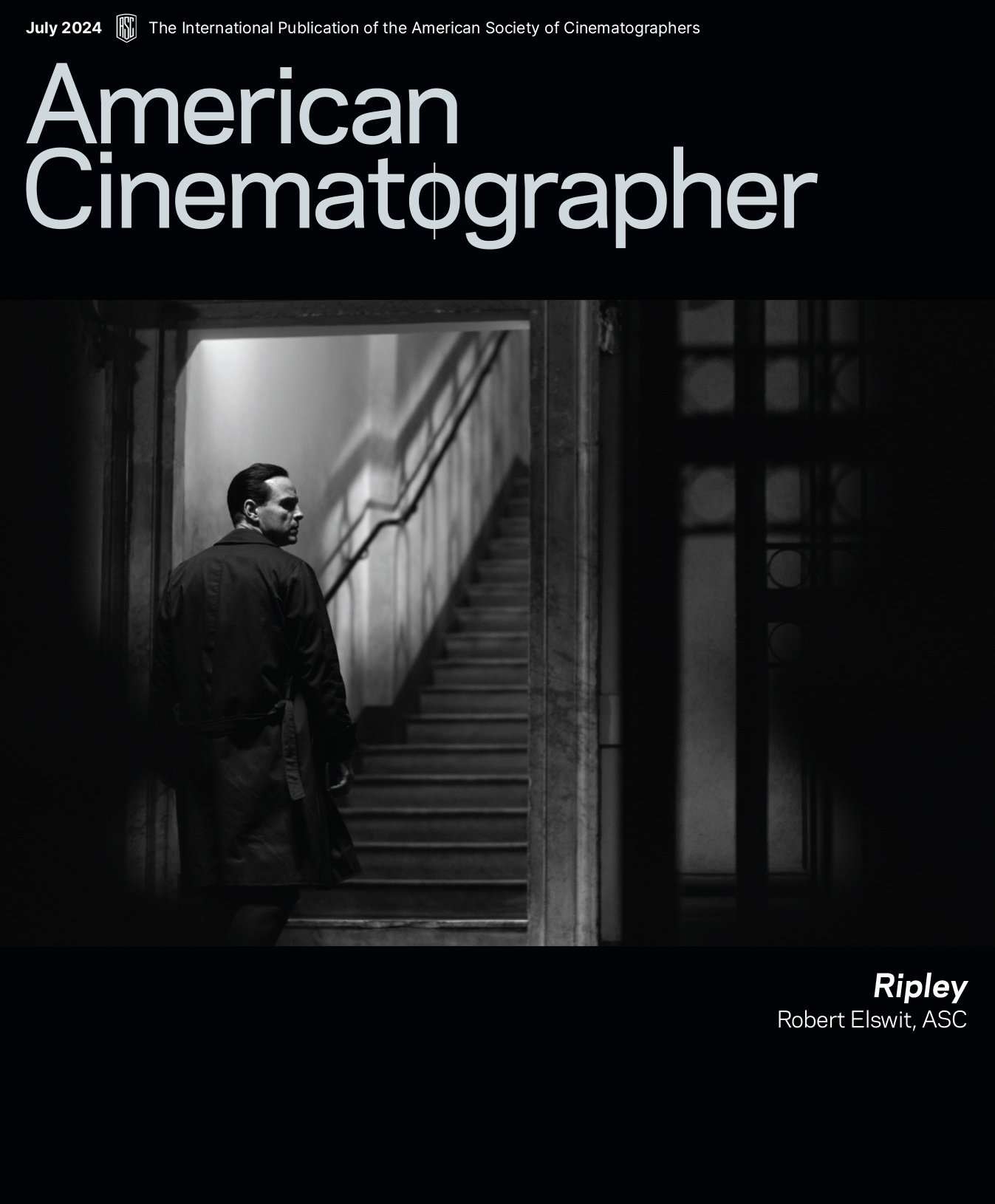
Given this issue’s focus on cinematography for television, I began thinking about how television has been a part of nearly every current cinematographer’s formative years — if not a primary area of expertise.
If you were beginning your career in the 1980s and ’90s, television was where the work was. Getting a start in low-budget features seemed to offer a predictable career trajectory, but when my directors moved to television, so did I. This was well before streaming, so the format I was involved with was two-hour network-TV “movies of the week” — now a largely extinct format. Those projects were quick — anything between 18- and 20-day shoots for a 93-minute movie — which meant I could do four or five per year.
This was an opportunity to shoot, but it was more than that: Those MOWs allowed cinematographers to form a crew and keep everyone together. In fact, many of those early collaborators have spent their careers with me. The work we found was a chance for me to become confident with visual storytelling and the politics of a film set. The movies were shot on 35mm film, so I also initiated lifelong contacts at Kodak, Panavision and all of the labs.
I studied the television format and concluded that cinematographers’ work began to speak when they pushed to the extreme with visuals that could occupy the outer edges of what was technically acceptable. If you worked that way, your projects began to stand out and you could take the first steps in forming an onscreen style, or persona — in much the same way that the studio system became a place for contract cinematographers to flourish.
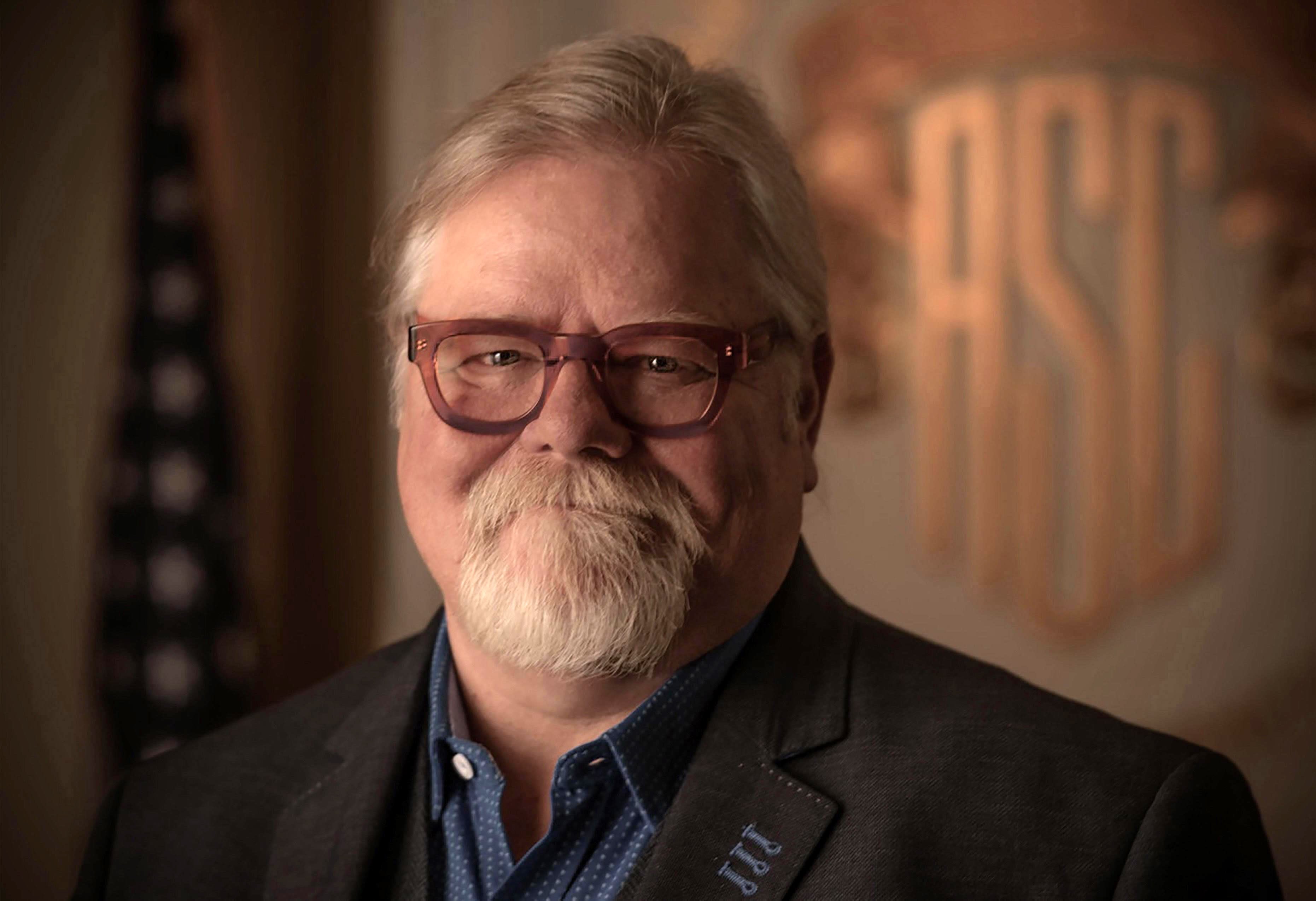
Like movie projects, television work could be unpredictable, since the jobs were short and fleeting. One became accustomed to living on a financial roller-coaster as projects came and went — it was a little crazy. Throughout those years, I was consistently recalling something ASC member Caleb Deschanel once said: “The movie business has a natural way of weeding out the riff-raff.” I was determined not to be one of those who couldn’t cut it. Being a cinematographer is not the easiest of lifestyles, but it can be tremendously rewarding, and it seemed like a fit for me.
Of course, television has changed dramatically since then, but I believe the same lessons can be learned today, whether you’re shooting commercials, documentaries, music videos, streaming shows or indies. You can develop a career path, but more importantly, you can become the person you need to be to carry the kind of energy and qualities all great cinematographers seem to possess: kindness, fearlessness, loyalty and artistic enthusiasm.
Best regards,
Shelly Johnson
ASC President



